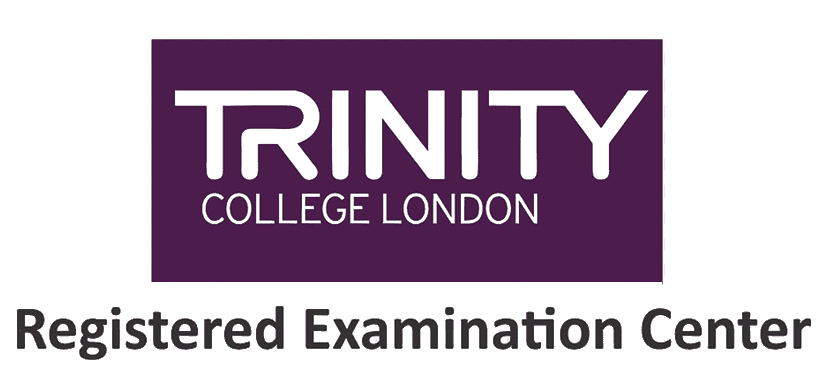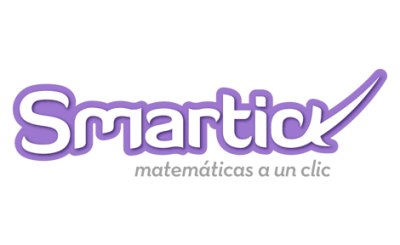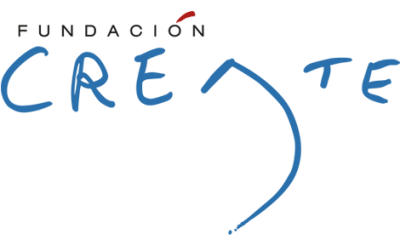How to improve English vocabulary during the summer? By playing!
During the summer holidays children have time to relax, enjoy outdoor activities, or have fun with the family, but it is also a good opportunity to learn through play!
In this post we bring you a series of ideas to improve the vocabulary of the little ones while they have fun playing new games.
Scattegories
To play this game each player needs only a sheet of paper and a pen. One of the advantages of this game is that there is no limit to the number of participants, so the whole family can join in!
To begin, players must draw a table with 11 rows and 11 columns. Players must fill in column 1 with different categories like animal, color, or food until all 10 holes are filled in, leaving the first row free. Once the 10 categories are selected, the round can begin. One of the players says a letter at random which will be the letter that we will place in column 2 row 1. Everyone must fill in the rows of that column with words that begin with that letter and correspond to each of the categories. For example, if the letter was ¨A¨ and the category was ¨animal, ¨ you could put ¨anteater¨ or ¨alligator¨. Players have two minutes to think of a word for each category.
When time is up, the players read aloud their responses for each category. If more than one player put the same word, the word is eliminated and will not count towards their final score. The winner is the player who has written the most words without repeating them.
Build your Scrabble
Developing a simple project during the summer break can be a very motivating challenge for children. How about creating your own Scrabble? All you need is a piece of cardboard, pencils, scissors and a ruler. It’s a fun way to practice spelling while making your own board game. Once you have created the set of letters, the rules of the game are simple. Words can be formed as long as they appear in the dictionary, are spelled correctly, and can be crossed.

Describe pictures or what you see
Pictures or photographs stimulate the imagination and descriptive ability. By describing a picture or something you see you are working on oral expression and improving vocabulary by relating new words to their graphic representation in the image.
The adult can ask some questions to go a little deeper into the description such as asking about what the people or animals in the picture are feeling, what they think is going to happen before or after, or for older children, what message they think the picture is conveying.
Suggested words
This game is very simple but also very useful for expanding vocabulary. One of the participants says a word, for example “bed,” and the rest of the players have to say words related to it: sleep, sheet, night, bedroom. The players take turns saying words until they can’t think of any more words that relate. The player who says the last word wins and chooses the next suggested word.
Writing a diary about summer vacation
Having the habit of writing a diary has multiple academic benefits: the child can practice their handwriting, they learn to create a narrative structure, and improve their writing skills. It also strengthens the child´s memory when they recount what they did that day. In addition, they can do it from anywhere and at the end of the summer they can look back at all of their adventures!


























